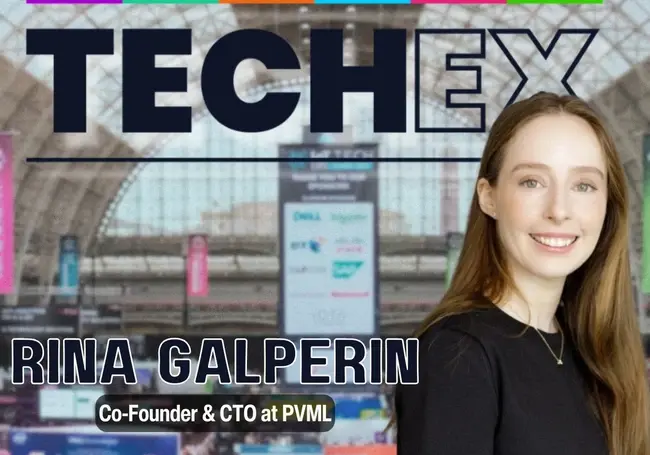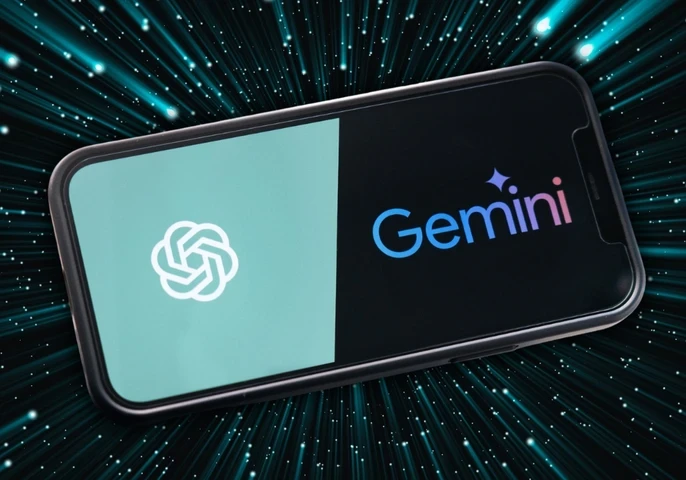LONDON – TechEx Global, a leading enterprise technology exhibition and conference, wrapped up its two-day event on February 6th, showcasing the latest innovations across a range of sectors.
This year's event highlights the growing importance of AI, Big Data, Cyber Security, and other key technologies in driving digital transformation.
TechEx has been running for over eight years with the aim to bring industry leaders together responsible for pushing game-changing tech and strategy together, to craft relationships and creative solutions.
EM360Tech’s Shubhangi Dua spoke with Rina Galperin, the Co-Founder & CTO of PVML at TechEx Global about AI dominating data interaction and the need for model-agnostic solutions to adapt to rapidly changing AI models.

Dua: What's the biggest challenge you’ve observed in the tech industry, and how are you preparing for this?
Galperin: Obviously, the AI revolution shuffled everything up, and we had to think fast. How do we partner with this powerful tool to help us instead of being a power against us?
We quickly realised that AI is going to be the most common access interface that companies will use to analyse their data. Since our solution is fully agnostic to the access interface, we understood that we could offer the same privacy and security mechanisms for those AI agents accessing the data.
You've always had privacy and security challenges when human users were accessing data, right? But now that AI is involved—these "superhuman users"—those challenges are greatly enhanced.
These AI agents can very easily extract sensitive information from your data, and it becomes a huge challenge. So, what we offer is a privacy guarantee for every interaction with the data, whether it's by a human user or these AI "superhuman users."
Dua: How do you make AI less scary for an end-user?
Galperin: So we have a really cool technology that is backing our promises. So we use differential privacy, which is a mathematical guarantee of privacy. It sounds weird, but it's actually something that we productised and made possible with our unique algorithms.
We provide clients with a mathematical guarantee of privacy for every output they get from your data when they're accessing it through AI. I believe that provides a lot of peace of mind to companies that are building AI applications on top of their sensitive data.
Dua: What technology do you see disrupting markets in the next couple of years and how do plan to tap into it?
Galperin: AI will become the most common way to interact with data. It's faster and it's more efficient. Companies are looking to harness AI to give themselves a competitive advantage, but I think the problem will be adapting to the super fast-changing models.
Today, the best model might be ChatGPT. Tomorrow, it can be DeepSeek, you never know. You have to be flexible.
One of our main superpowers is the fact that we're model agnostic. We allow you to connect any language model and change it without changing your underlying application. Our solution is highly adaptable.

When Coding Becomes Conversation
How natural language prompts and LLMs are redefining software delivery, talent models and accountability in enterprise development.
Dua: What's the one key takeaway you'd like CIOs and CEOs to remember from our conversation today?
Galperin: Don't go super quickly into integrating AI. I mean, everybody's talking about it, hyping it up. You need to make sure you have the right infrastructure in place before you do it so that you're not risking any data leakage or PII leakage with your AI.







Comments ( 0 )